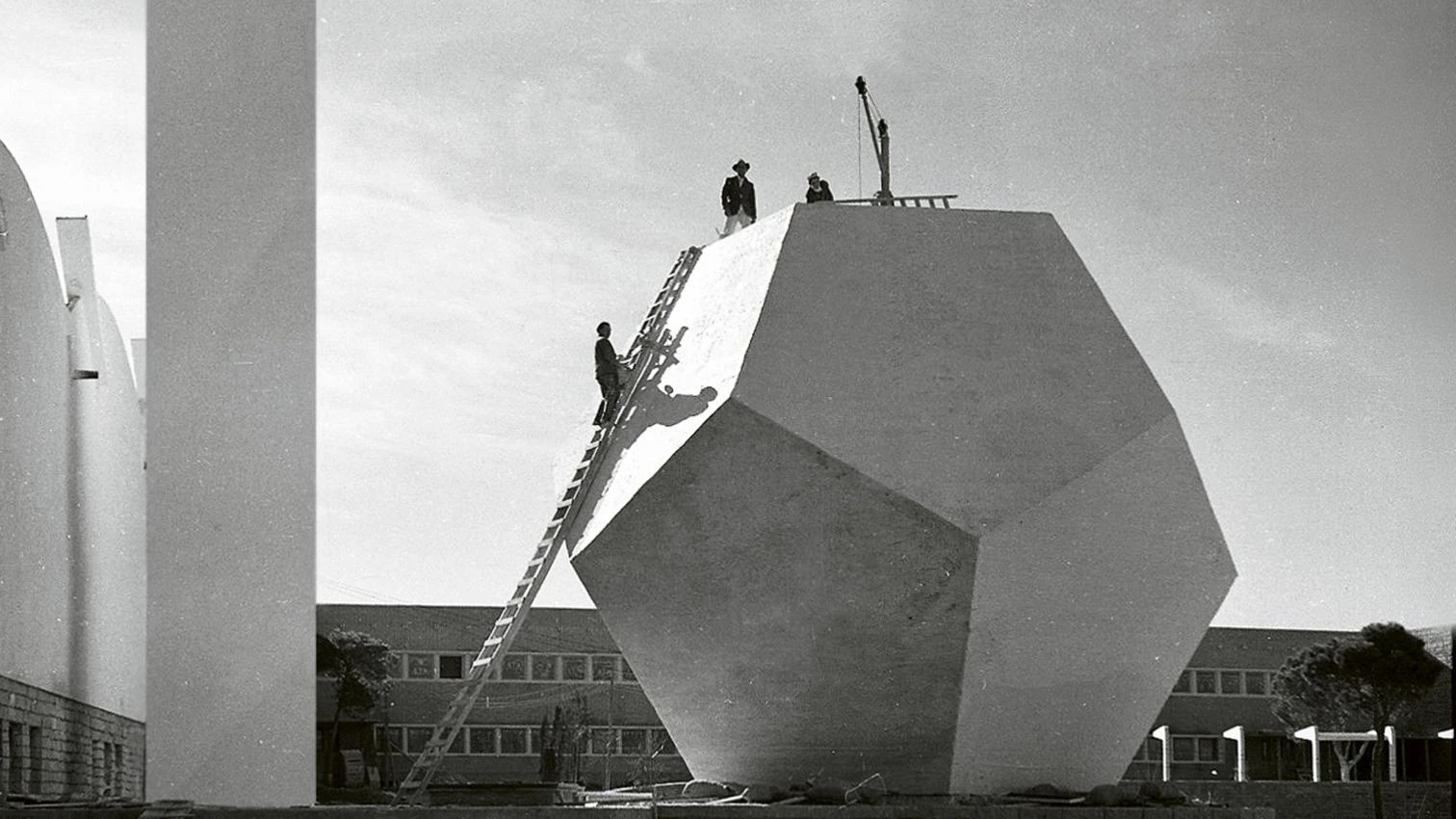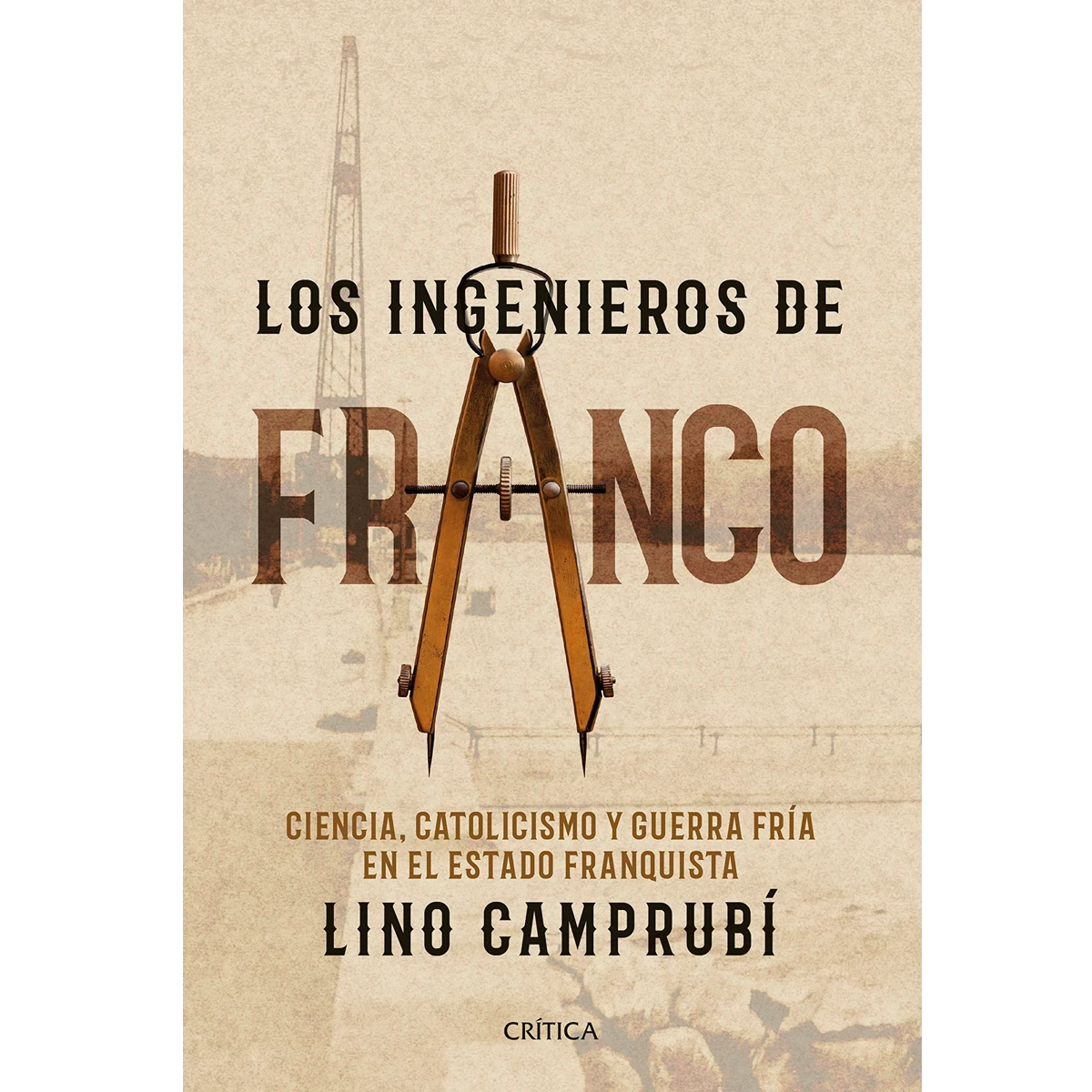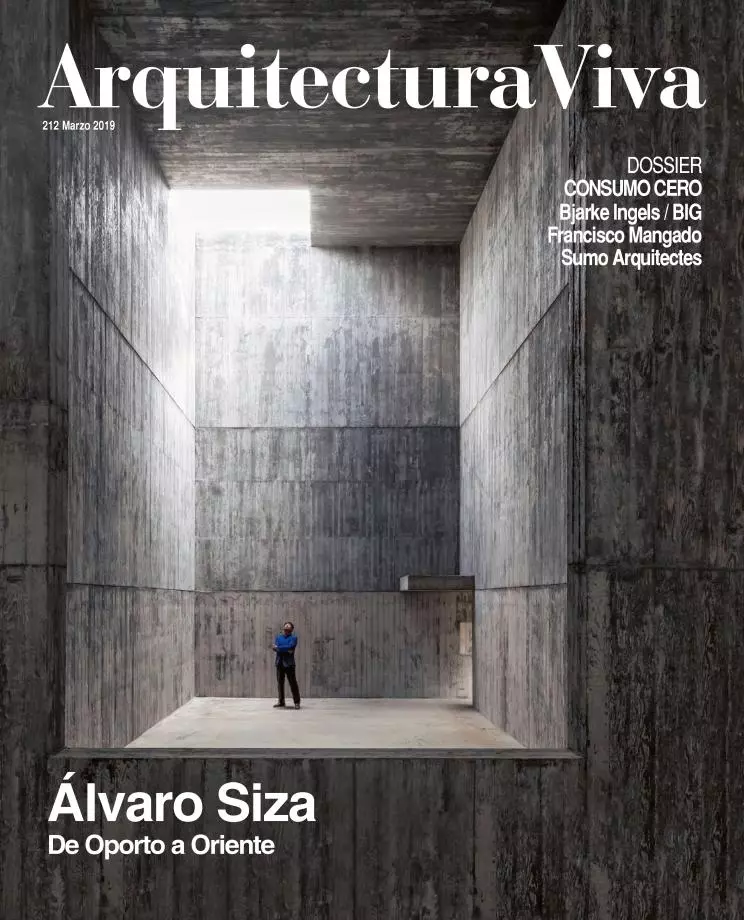
Engineers built Franco’s regime. Contradicting the convention that sees Francoism distanced from technology and science, the young historian Lino Camprubí shows to what extent National Catholicism was tied to industrialization and scientific investigation. Military, civil, and agricultural engineers as well as architects transformed Spain’s territories and cities in a process of sustained modernization that had begun before Franco and seamlessly continued thereafter.
Originally published by MIT Press, this work explores these matters with the documental rigor and narrative elegance of Anglo-Saxon tradition, as is to be expected given the author’s passage through Cornell, UCLA, and the University of Chicago. Grandson of the philosopher Gustavo Bueno, Camprubí first attended the University of Seville, and since 2014 has been a researcher at the Max Planck Institute for the History of Science in Berlin; credentials which lend support to his revision of the Franco regime.
Presenting chapters that can be read independently, the book gives a political history of the period, from the close ties between Opus Dei and the Spanish National Research Council (CSIC) – with the inevitable prominence of Miguel Fisac – to the rice hybridization in the Guadalquivir, the military oceanography of the Strait of Gibraltar, the development of nuclear energy, or the geophysical search for phosphates in the Sahara. Special attention goes to the Technical Institute for Construction and Cement (ITCC) – directed by the engineer Eduardo Torroja –, which in the 1950s was the CSIC’s best financed center.
Its building sought to be an emblem of the potential of scientific and industrialized construction, and had for an icon a huge dodecahedron that served as a silo for the coal of the boilers. Parodying masonic symbology, Torroja created the Black Order of the White Dodecahedron to defend ‘the most lofty constructional ideals’ against ‘the evil icosahedron,’ and Camprubí finds in this playful anecdote a symbol of the determination of engineers to be “at the center of the New State… to change the face of Spain.”
Although certain significant episodes are missed, the volume changes the usual perception of Francoism, emphasizing its scientific and technical dimension, highlighting continuities over ruptures, and calling for a new look at the role that experts and knowledge play in contemporary societies. The Order of the Dodecahedron probably outlived Torroja, and continues to govern our collective destiny.






